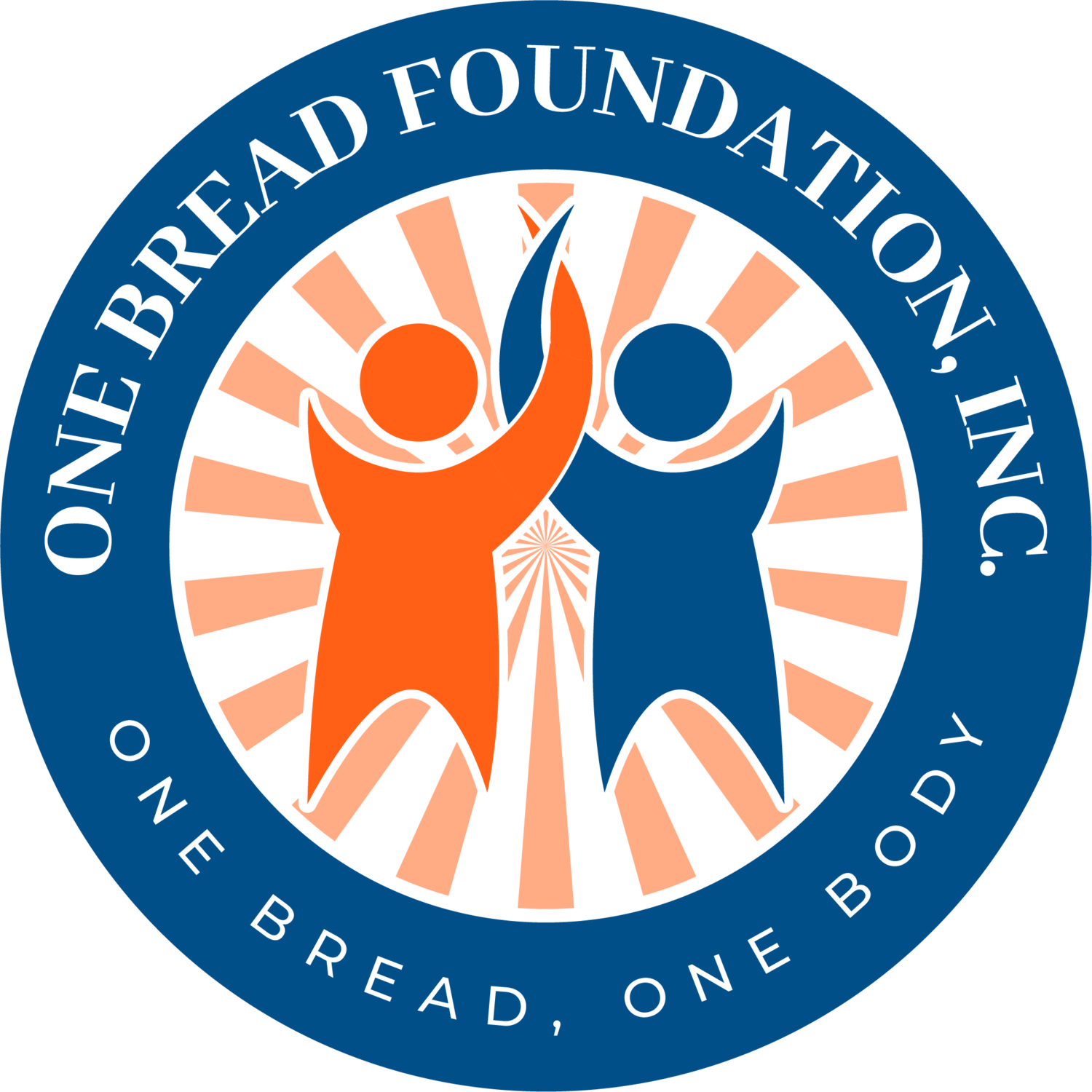by Elesha Pimentel, Contributing Writer
In this digital age, movies are used as some of the most popular forms of representation. The right movie can effectively shed light on an issue or topic that most people would not think about. It can pop the blissful bubble of ignorance surrounding us and provide us with proper information about the issue at hand. This can spark more conversation about the issue or even garnish more support for the issue.
Unfortunately, not all film representations are effective. Some film representations only contribute to the miseducation of the general public. This problem can be seen in the way sex trafficking is portrayed in popular films.
Currently, the most popular representation of sex trafficking in the media, as recorded by IMDb, is Taken with a $145 million gross profit and Rambo: Last Blood with an $18.87 million gross profit. Even though both of these movies portray sex trafficking in their plots, they are action movies to the core. They do not provide accurate information about sex trafficking and, as can be expected from an action movie, primarily focus on depicting fight scenes and narrow escapes. There are many inaccuracies in these movies that give the public a false sense of what sex trafficking is like.
The first major inaccuracy spread in these movies is that sex trafficking is a foreign problem. Both movies depict sex trafficking happening in foreign countries by people who are not American. In Taken, the sex trafficking took place in France by a group of Albanian men. In Rambo: Last Blood, the sex trafficking took place in Mexico by a Mexican cartel. On the contrary, the sex trafficking industry is also prevalent in the United States. The U.S. National Human Trafficking Hotline reported 10,583 situations of human trafficking involving 16,658 victims in 2020.
The second inaccuracy spread by these movies is that people are kidnapped into sex trafficking and only stay because they are physically incapable of leaving. Both movies portray women being kidnapped by groups of men, drugged, and trapped so they cannot leave. However, many victims of sex trafficking knew their traffickers beforehand and are bound to them by psychological and emotional bonds. Bonds so strong they don’t run away even when they’re physically able to. The documentary Sex Trafficking in America follows the story of a young girl who was trafficked by a man she met online. She was having problems at home and reached out to a friend online for support. He fed her false promises of a better life and lured her away from her family so he could further exploit her. The documentary shows that this is a pattern. Traffickers will prey on vulnerable women and girls from low-income neighborhoods.
These inaccurate portrayals pose a problem for the general public when it comes to sex trafficking. It can misguide people into trying to protect themselves and their families from the less prevalent threat: being kidnapped by people on vacation or by people from different countries. Sex trafficking is a threat that’s much closer to home. Real traffickers are lurking on platforms like Instagram and Facebook. There are two main things families should focus on to protect against sex trafficking. The first is to establish strong, healthy support systems for their children. It’s important for a child to know who they can go to when they need to talk. This could be a few trusted adults like family members and school counselors or online resources like Teen Line. This will stop children from seeking comfort and support from strangers on the internet who might try to exploit them. Secondly, it’s important to teach children about internet safety. This includes things like which profiles should be set to private and what’s okay and not okay to share on the internet.
Movies like Taken and Rambo: Last Blood may be fiction, but the issue of sex trafficking is not. It’s important to stay informed of the actual issue and what you can do to work against it. There are many ways to get involved. You can help to educate people about the true nature of sex trafficking by sharing our blog posts with family and friends. You can subscribe to our newsletter to get more detailed information about what we’re doing to fight sex trafficking and what you can do to help. You can also help the cause by doing your everyday online shopping using the links on our website. Together we can work against sex trafficking and build a better future.
References and further reading:
Polaris Project: Myths, Facts and Statistics
